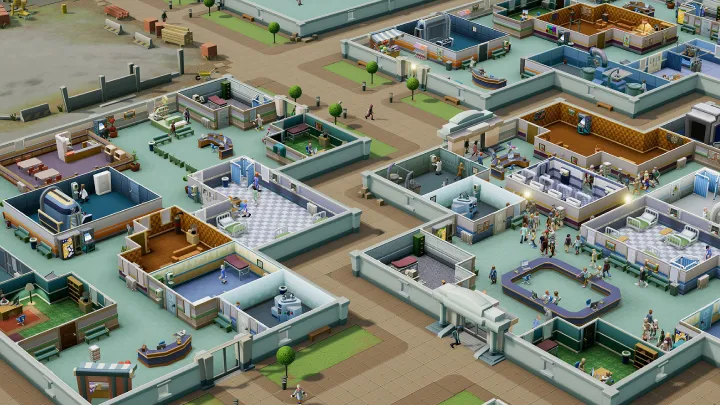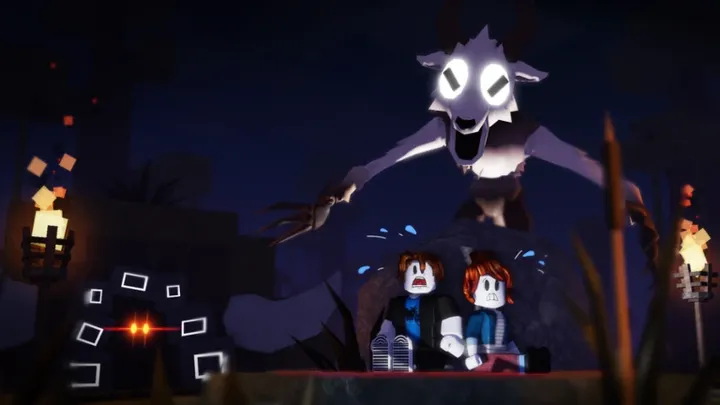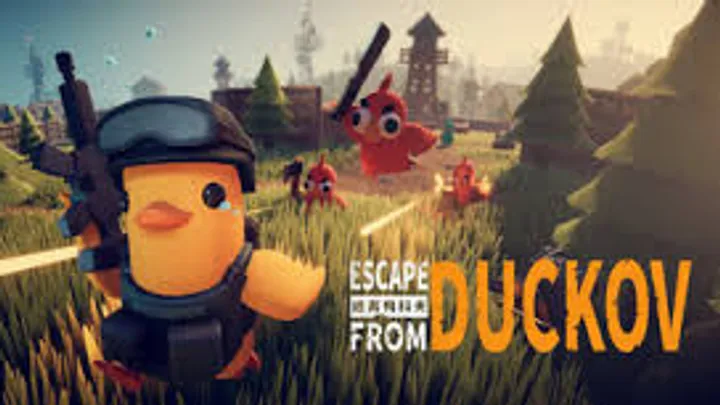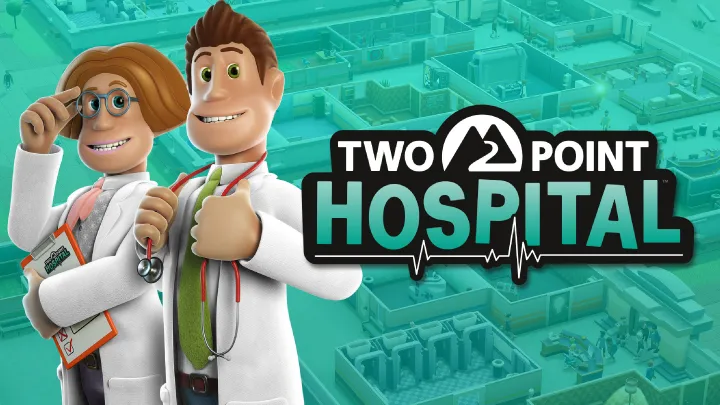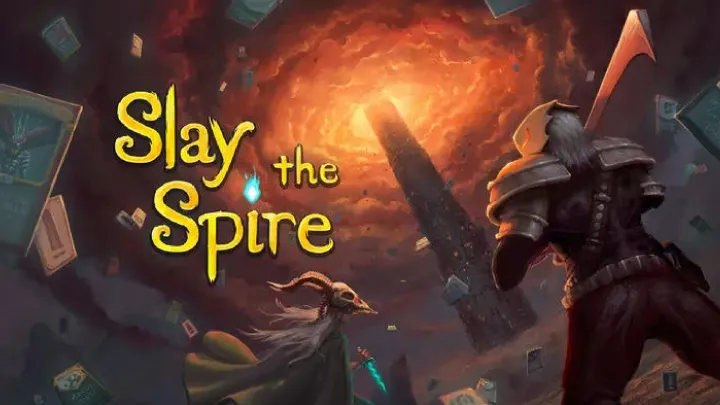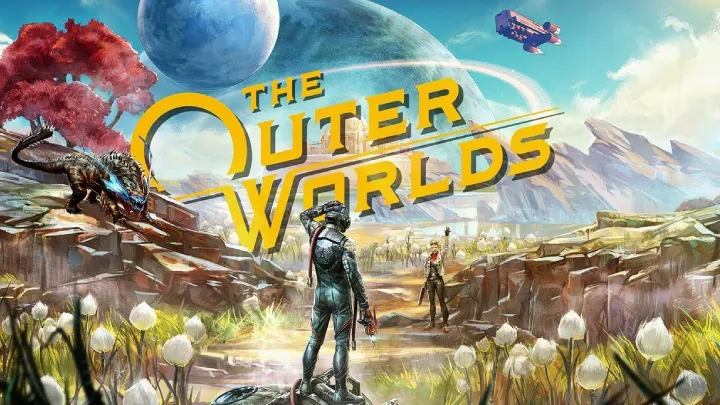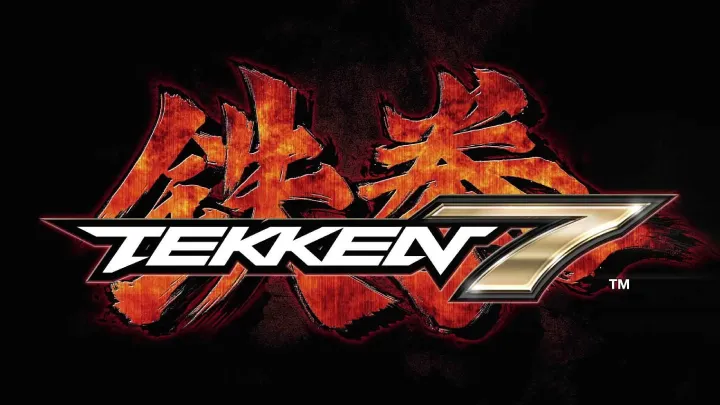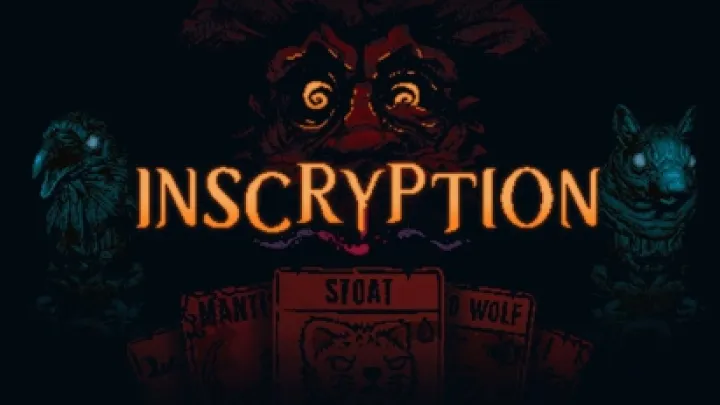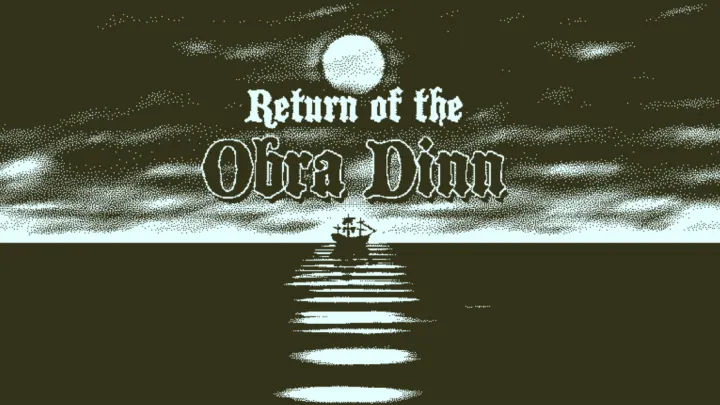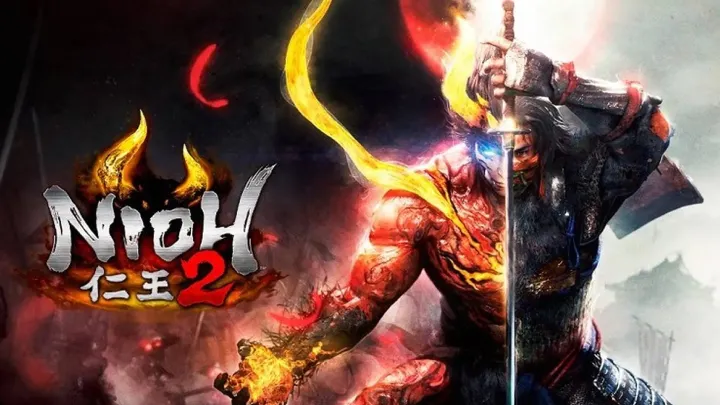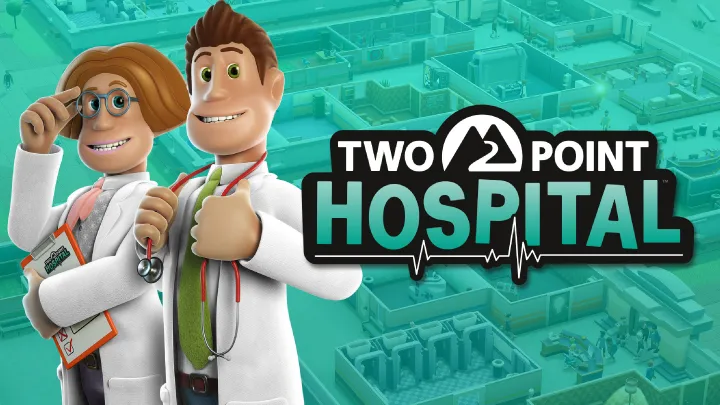
Introduction
Two Point Hospital, developed by Two Point Studios, is a unique blend of simulation and humor that pays homage to classic management games like Theme Hospital. In this quirky world, players are tasked with building and managing a hospital, treating various illnesses with an array of whimsical treatments. While the game has been widely praised for its engaging gameplay and comedic charm, one significant issue has emerged: the delicate balance between humor and gameplay mechanics. As players enjoy the light-hearted approach to healthcare, they simultaneously navigate complex management systems that can sometimes feel overshadowed by the comedic elements. This article examines the intricacies of this balance in Two Point Hospital, exploring how it affects player experience, engagement, and overall satisfaction.
The Foundation of Two Point Hospital's Gameplay
Core Mechanics and Systems
At its core, Two Point Hospital offers an intricate management system that demands strategic thinking and resource allocation. Players must build facilities, hire staff, and manage patient flow while dealing with the unique challenges posed by outlandish diseases and humorous scenarios.
- Building Facilities: Players start by constructing basic treatment rooms, gradually expanding their hospital to include specialized departments. Each room has specific functions and requires careful planning based on the hospital’s needs.
- Staff Management: Hiring the right staff with appropriate skills while maintaining their happiness is crucial. Each staff member possesses unique abilities, and oversights can lead to operational inefficiencies.
- Patient Diagnosis and Treatment: Players must diagnose patients accurately before directing them to the appropriate treatments, adding a layer of complexity to managing hospital operations.
The Importance of Humor in Engagement
Humor serves as a vital aspect of Two Point Hospital's identity. From the absurdity of the illnesses—such as "Lightheadedness," where patients have giant light bulbs for heads—to the pun-laden names of facilities like "The DNA Lab," the game’s comedy is designed to entertain and engage players.
- Creating a Comedic Atmosphere: The comedic elements establish an enjoyable atmosphere that differentiates it from more serious simulation games. This unique charm can make managing hospitals feel like a fun and light-hearted experience rather than a stressful obligation.
The Duality of Humor and Strategy
The Role of Humor in Gameplay
While the humor in Two Point Hospital is undoubtedly appealing, it also presents challenges in maintaining a strategic focus. The game uses slapstick elements and one-liners to create a whimsical environment, but this can lead to moments where the player’s attention is diverted from strategic decisions to comedic visuals.
Humor as a Distractor
In some cases, the emphasis on humor can distract players from key mechanics and important tasks. For example, the eccentric animations and quirky patient behaviors might overwhelm players, especially when trying to make quick decisions during crises like patient backlogs or staff shortages. This can create a sense of frustration, particularly when the gameplay's strategic depth feels overshadowed by comedic elements.
Navigating Patient Management Challenges
Understanding Patient Preferences
Patients in Two Point Hospital have differing needs and preferences, and their happiness is integral to a successful hospital. Each illness often requires varied treatment methods, which can complicate management.
Balancing the Fun and Seriousness of Illnesses
While the humor in the portrayal of illnesses adds to the enjoyment, it is essential to ensure that players feel the weight of managing a hospital efficiently. Balancing the fun elements with the underlying mechanics of patient care can be difficult. Players need to keep track of multiple patients, prioritize treatment based on severity, and manage their expectations regarding wait times and facility accessibility.
The Complexity of Diagnosis and Treatment
One of the critical areas of difficulty arises while diagnosing and treating patients. Players must ensure that they create enough diagnostic rooms to handle incoming patients promptly. However, the humorous presentation of bizarre conditions may lessen the urgency of treatment for the player, potentially undermining strategic planning and causing risks in patient management.
Staff Dynamics and Management
The Importance of Staff Happiness
In Two Point Hospital, staff members contribute significantly to the overall success of the hospital. The happiness of the staff is directly linked to their performance, affecting patient care and operational efficiency.
- Hiring and Training: Choosing the right staff for specific roles and providing opportunities for training can enhance their efficacy. However, the need to balance staff costs and happiness levels adds another layer of complexity to management.
- Managing Staff Breaks: Staff fatigue can lead to reduced productivity, making it crucial for players to ensure that staff have adequate breaks while managing the flow of patients.
Humorous Interaction and Its Distractions
The humorous interactions and conversations between staff members can create a lively environment, encouraging player engagement. However, these interactions can occasionally detract from management focus. Players may find themselves preoccupied by comical dialogues or event pop-ups, which can disrupt their strategic decision-making during critical moments.
Room Design and Hospital Layout
The Art of Designing Functional Spaces
Creating an efficient hospital layout is essential for optimizing patient flow and staff efficiency. Players must design rooms to ensure that patients can navigate the space efficiently while still infusing their personal style into the design.
Balancing Aesthetic and Functionality
While players might want to design visually appealing hospitals with quirky aesthetics, the game demands that they maintain the functionality and efficiency of these spaces. Players can face frustration if they prioritize humor over necessity, leading to bottlenecks that hinder operations and adversely affect patient experiences.
The Impact of Quests and Objectives
Engaging Players with Challenges
Throughout the game, players are presented with various quests and objectives that encourage them to explore different aspects of hospital management. These challenges are frequently infused with humor, which keeps players engaged and motivated.
Risks of Overemphasis on Quests
However, an overemphasis on humor within quests can lead players to feel distracted or disengaged from the broader challenge of managing the hospital. If quests prioritize comedic scenarios rather than strategic thinking, players may lose sight of critical tasks and responsibilities, risking suboptimal performance.
Community Feedback and Developer Responses
The Role of Player Feedback
The Two Point Hospital community plays a vital role in shaping the game's development through feedback and discussions about its mechanics. Players discuss experiences on various platforms, offering insights on both humorous elements and management challenges.
Developer Engagement
Frontier Developments has shown a commitment to engaging with the community by addressing concerns and releasing patches to improve gameplay. Feedback loops allow players to voice their thoughts, encouraging a collaborative environment for future updates and improvements.
Future Directions and Improvements
Potential for Growth
As Two Point Hospital continues to evolve, enhancing the balance between humor and gameplay mechanics can improve player experiences. Integrating elements that streamline tasks while retaining comedic charm offers opportunities for more engaging gameplay.
Incorporating More Depth
Future updates could introduce more complex challenges and scenarios that force players to think critically while maintaining the game’s humorous tone. This could include more nuanced patient management dynamics and demand for improved layout designs that effectively harness the wacky world of hospital management.
Conclusion
Two Point Hospital delivers a unique and enjoyable experience within the simulation genre, blending humor and management mechanics effectively. However, the balance between comedic elements and gameplay can sometimes lead to challenges in strategic decision-making and player engagement. By addressing these concerns and fine-tuning the integration of humor and mechanics, developers can ensure a more fulfilling experience for both casual players and dedicated fans. As the game continues to grow, the ongoing dialogue surrounding these challenges will be vital to enhancing the experience and improving the whimsical yet intricate world of Two Point Hospital.